The universe is everything: it is the place where we live, it is one of the greatest unsolved mysteries, it is everything and nothing, a place where everything changes and we know little about. Do you think you know a lot about the universe? So, do not miss these curiosities about the Universe below.
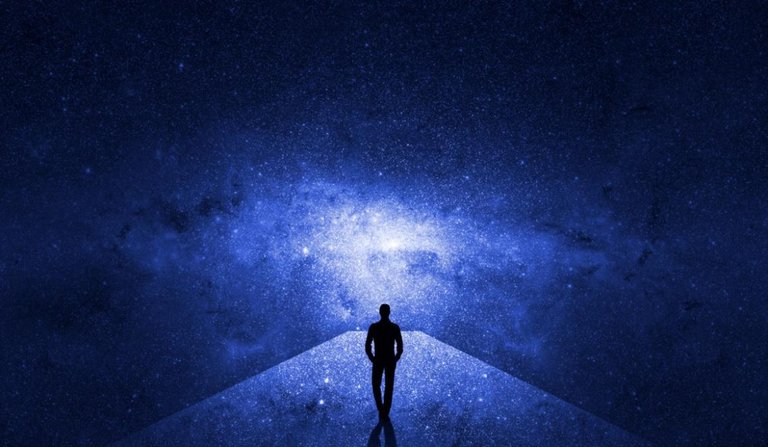
I was hot when I was young ...
The most accepted theory about the origin of the universe is that of the Big Bang, although no one knows exactly what caused this explosion, but the universe was incredibly hot at the time of the explosion and was cooling as it expanded. One minute after the Big Bang, it is estimated that the temperature was 1000 million Kelvin.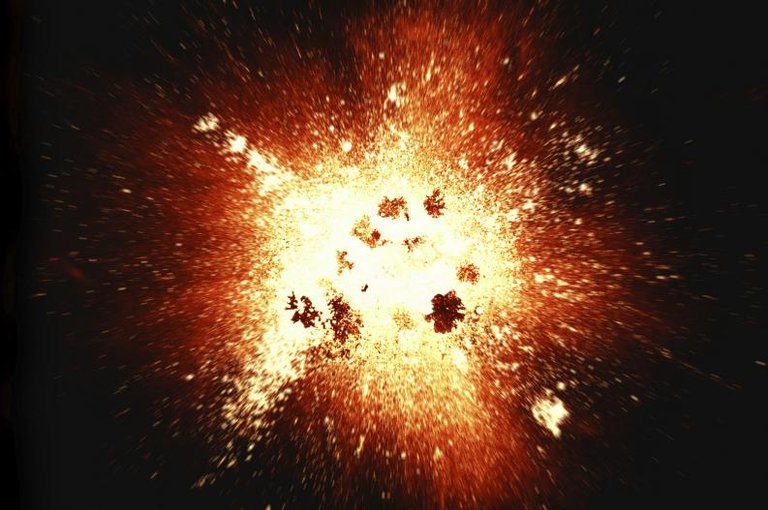
As you get older, the universe cools
Various observations in distant galaxies have shown that the universe is expanding at a rapid pace. Other data show that gradually it is cooling, so it can be considered that the end of the universe will occur when it freezes.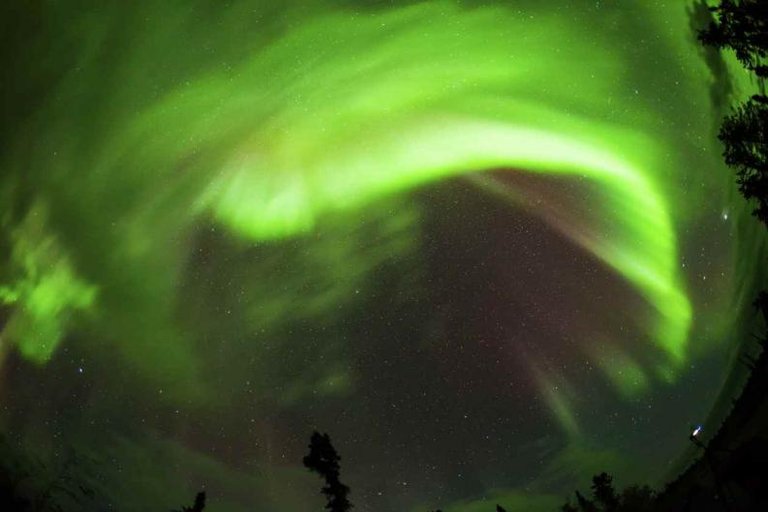
The universe covers a diameter of 150 billion light years
The same thing: current measures believe that the universe has a diameter of approximately 150 billion light years, although it is expanding more and more. Although it seems unreasonable considering the age of the Universe, we must know that it is expanding at an increasing speed
The universe has an age of 13700 million years
This measurement is made based on the cosmic background radiation and only has 1% accuracy. Older methods measured the abundance of radioactive nuclei and made observations in globular clusters of the oldest stars.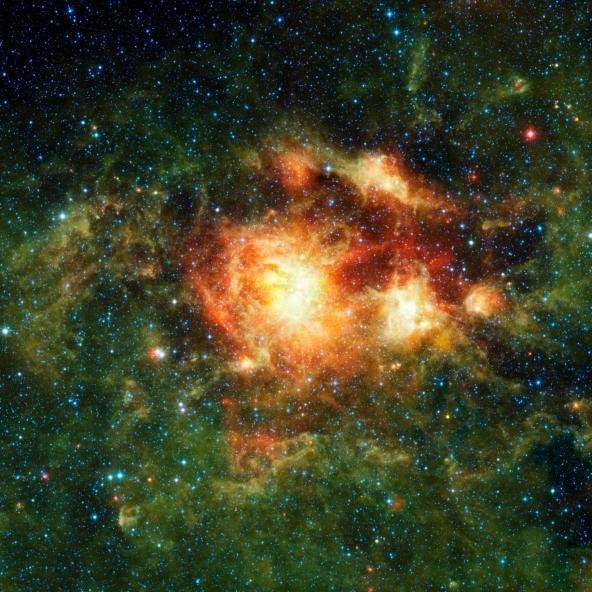
The universe is flat
Based on Einstein's theory of relativity there are only three ways the universe can have: open, closed and flat. The measurements have confirmed that it is indeed flat. Combining geometry and the idea of so-called dark matter leads to the conclusion that the most likely way in which the universe reaches an end is through freezing.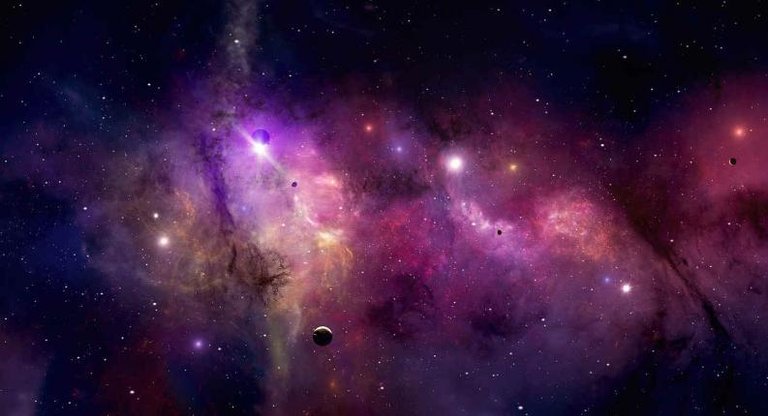
Large-scale structures of the universe
If we take into account only the great structures of the universe, it is made up of hollow filaments, superclusters and groups of galaxies. Some superclusters are part of the walls, which in turn are part of the filaments. Empty spaces are known as gaps, and these clusters of things and voids are due to the difference in temperature when the universe is generated.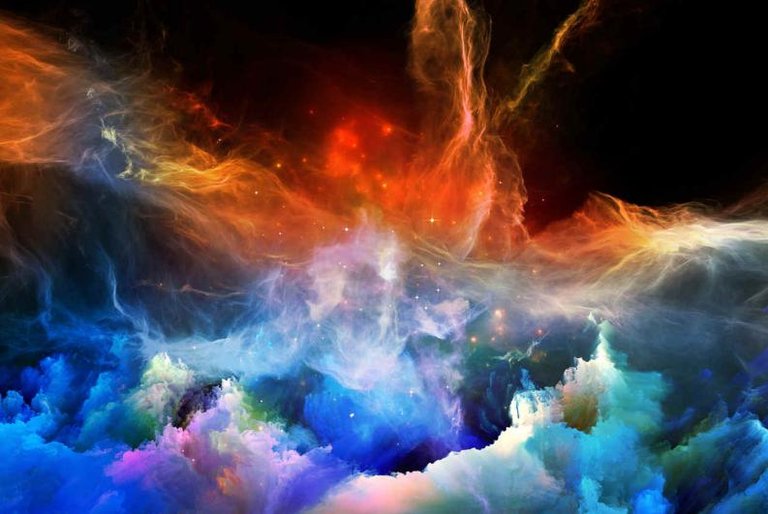
A large proportion of what things are made of can not be seen
Light, radio waves or X-rays are some of the things that allow us to see part of the universe, but the truth is that most are still hidden. But other phenomena such as changes in temperature, orbital velocities or the speed of rotation of galaxies are evidence that what we do not see is there, that dark matter exists
There is no center of the universe
It is neither Earth, nor any other planet, galaxy or anything in particular. The universe has no center, and if it had, it would not be our planet or our galaxy.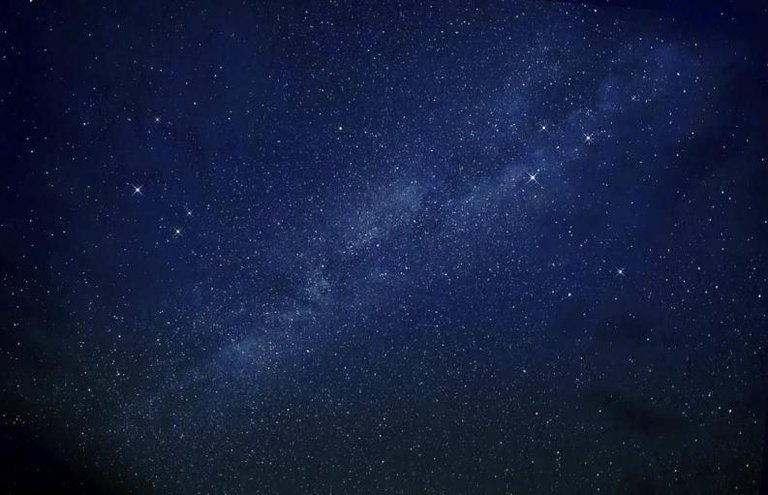
The galaxies seek to separate as much as possible one from the other
The galaxies are separating from each other at an increasingly accelerated rate, which leads to the conclusion that the universe could probably end up in the so-called Big Rip, a tear of it. Scientists who believe in such a catastrophic ending are based on the idea that this expansion can not continue forever.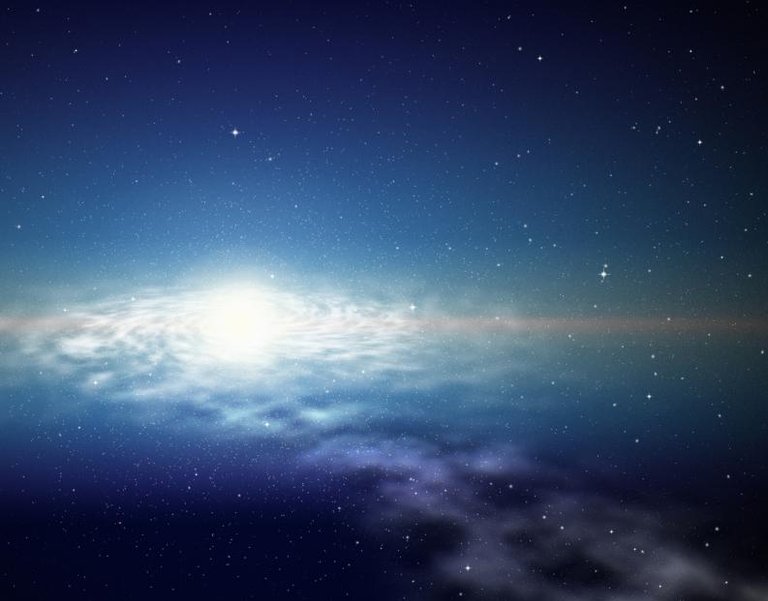
To understand the universe, we must understand the smallest
As scientists began to investigate the Big Bang, they realized that the further back they went in time, they came across a smaller, hotter and denser universe, ruled by extremely high energies. These conditions occurred in the field of particle physics, therefore, to understand the universe, you have to start studying in depth the smallest things of it.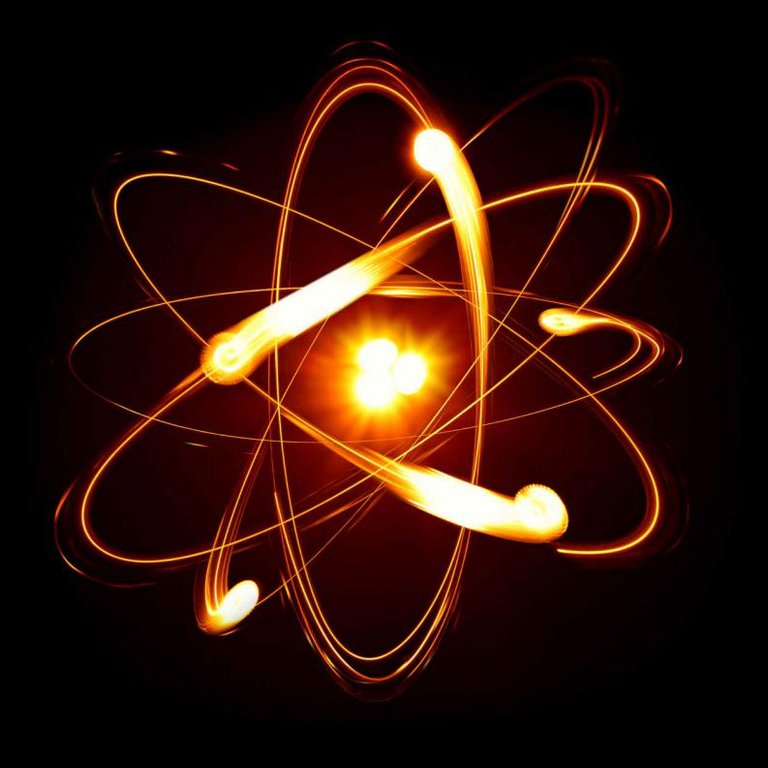
Nice.
But I also have a few questions in mind for quite some time about these topics :)
How could they know that it covers a diameter of 150 billion light years? Since there are newer and newer discoveries of things we couldn't see or imagine before - maybe our comprehensnion of our surroundings can grasp as much information, while there is much beyond.
Or maybe not :D We cannot be certain about it.
Also, the way they explain it sounds a whole lot like an explosion that could be, in reality, a tiny hydrogen explosion, but we are inside it, and for us it is enourmous and all there is, when it's simply 1 of infinite tiny hydrogen explosions :D
Since they thought the atom is the smallest particle there could be for hundreds of years - even the name suggests it, then we can only hope to find those discoveries in our lifetime..
How do you think?
Those calculations are made by Google automatically ... what I liked most about the book "The first three minutes of the Universe" (Steven Weinberg), is that he began his story with the legend of the creation of the universe of the Vikings, I think. In a great show of humility and declaration of principles, the author said he did not know if what he was going to tell next was something as crazy as the Viking legend, more or less. And of course, I did not know if it was true or just a pure and hard speculation.
The Big Bang has already become a dogma of faith, and in my opinion this of trying to make "Science" play the role "traditionally" reserved for religion (mythology, I would say), only brings about a deterioration for this and an eventual loss of social credibility.
Theories are theories, things that not only are we not sure of, but could even be totally wrong. It is not necessary to dig a lot in the history of science to find such "solid" things as phlogiston, ether, the determinism of Newtonian mechanics and so on, and when I say solid, they were very solid, certainly at the level of paradigm. Much more than the Big Bang. By the way, I also recommend digging into the biography of the ideological parents of the creature (I speak of the Big Bang), it is very revealing. I would like to recommend another book, very good too, about the ideological ascendancy of Western science: "The religion of technology", by David F. Noble. It's amazing how the ideas that some people say (and honestly believe) fight sneak in the back door.
I would feel much more comfortable telling the truth: we do not know if the Doppler effect is the only and primordial cause of the displacements we observe in the spectra, and we can not be sure of the distances beyond what we can actually measure by triangulation ( and not even that, let's remember the Hipparcos controversy), it's really so overwhelming what we ignore, that I can not explain how nobody can stay so wide after "explaining" the origin of the Universe. These activities have always been the objective of mythology (or the sociology of mass control, if we want), I do not think it will fit the scientific method to make constructions of that type.
It is my opinion, of course.
Nice! :)
I will definitely check out your recommendations!
And yes, theories are simply theories, we could go on and on and oooon with those and they can all get busted by an accidental revelation :D